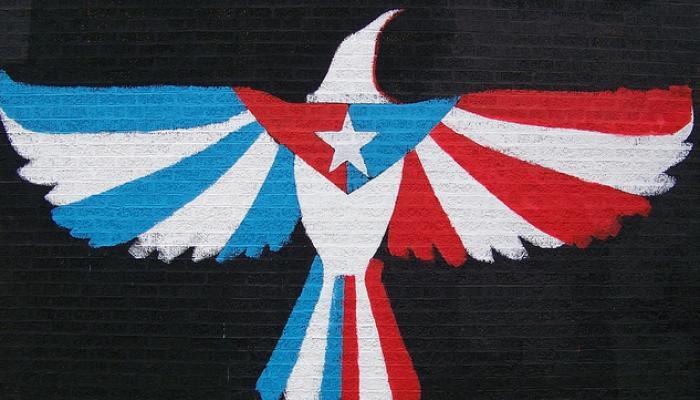When a foreign scholar considers the historical fact that Cuba and Puerto Rico -- two countries with similar backgrounds until the time when the United States declared war on Spain and, after defeating it, took possession of all the territories of Spain's vast colonial system -- it inevitably compares the current situation of both peoples more than a century later.
Cuba is now a fully independent nation, but it is still besieged and threatened by the American superpower which seeks to bring it back to the fold.
Puerto Rico is a territory which -- although not incorporated in, or being part of -- belongs to the United States. It is a "free associated state." In international law, a doctrine stating that a country may have another country as its property is an irrational doctrine; and such a relationship can only be defined as colonial. Moreover, international law defines colonialism as a crime against nations, and it must be fought by all available means.
To analyze the Puerto Rican reality, we must begin from the essential premise that the organization of the current political state in Puerto Rico is a result of the way colonial domination is structured on that island.
Since the illegal transfer of Puerto Rico to the United States by Spain, through the Treaty of Paris, the island came under the authority conferred by the Constitution of the United States to Congress over the island’s territory and inhabitants.
The way the political colonial state is structured in Puerto Rico has undergone many changes over the years, but these have always been alternatives to disguise the colonial character of the relationship between Washington and San Juan.
The trends that have guided the political process of Puerto Rico have ranged from those which promote independence to those which demand the incorporation or annexation of Puerto Rico as a province, a state, or a department of the colonial power.
The strong resistance of Puerto Ricans to weakening their identity and sovereignty has determined a certain degree of development by the sovereign political powers on a few domestic issues; but always in a quite close, but covert, direct relationship of subordination to the colonial power.
Political events in Cuba, although emerging from similar circumstances, have been very different.
In March 1901, when Cuban representatives to the Constitutional Convention concluded their deliberations for drafting the new Constitution -- which would include stipulations regarding U.S.-Cuban relations -- the U.S. Congress imposed an amendment to the draft with a set of conditions demanded by the United States as a prerequisite to turning over the government of the island to the Cuban people.
Through this amendment, the United States limited the sovereignty of the country and made it a neo-colonial enclave. It legalized U.S. military intervention and stipulated the U.S. right to appropriate part of Cuban territory. It limited the rights of Cuba to sign treaties with other countries, and forced the island to sell or lease part of its territory for the establishment of U.S. naval stations.
The Cuban Constitutional Convention was threatened against any modification of the Amendment and was warned that the United States troops would not leave the island until the terms contained in the Amendment were accepted. They were explicitly informed that if the Amendment was not accepted, there would not be a Republic of Cuba. It took the Cubans 59 long years to achieve their true independence which, however, they have had to defend with sweat and blood to this day.
Three thousand five hundred Cubans have died as a result of hostile actions and more than two thousand have been permanently injured. Terrorist acts against Cubans have included cruel bombings and sabotage, assassination of Cuban diplomats in several countries, sinking of merchant ships, bombing of factories and hotels; sabotage against economic targets, bacteriological warfare, and repeated attempts on the life of Fidel Castro and other leaders.
Plus an economic blockade which has cost Cuba approximately one trillion dollars at the current exchange rate.
This has not prevented Cuba from being positioned today -- because of its social development, health care and educational system -- in a leading place among Third World countries.
These are data that underscore the strong bonds of brotherhood between Cuba and Puerto Rico, and fully support the validity of the Cuban historical purpose of defending independence above all, and at any cost.
A translation by Walter Lippmann of Spanish Original Cuba y Puerto Rico dos Alas de un mismo pájaro, by Manuel E. Yepe. http://www.walterlippmann.com/docs3974.html
Related Articles
Commentaries
MAKE A COMMENT
All fields requiredMore Views
- Speech by President Miguel Díaz-Canel Bermúdez at the March of the Combative People
- Huge march on Havana's Malecon passes in front of U.S. Embassy, demanding end to Washington's blockade of the island
- Genocidal Israeli war machine kills seven children from one family in air strike on Gaza
- Brazil's war on poverty, a violation of Human Rights
- Cuban authorities reiterate call for march against U.S. blockade


